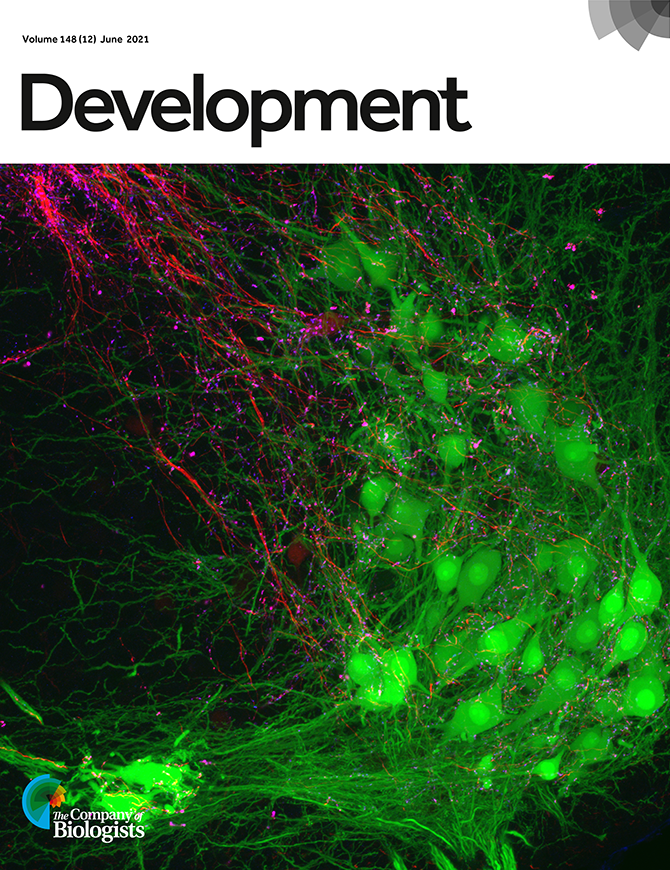You are here
Laboratory for Neural Connectivity Development in Physiology and Disease
The Yoshida Lab is interested in understanding neural circuits to control movement such as locomotion and skilled movements, which is one of the major final outputs of the mammalian central nervous system. Simple, repetitive locomotor activities require only spinal circuits since central pattern generators within the spinal cord regulate and coordinate the different muscle groups; whereas skilled movements require finer control and modulation of muscle activity, which is achieved through brain signals traveling through descending circuits to spinal interneurons. Disruption of brain-spinal circuit communication by injury or disease causes severe motor deficits. Therefore, it is crucial to understand how descending circuits control motor behaviors in intact animals as we search for new therapies for patients with spinal cord injuries or motor disorders such as amyotrophic lateral sclerosis (ALS) and Friedreich’s Ataxia diseases. The long-term goal of our research is to understand the formation, function, evolution, and regeneration of distinct motor circuits in the context of locomotion and skilled behaviors.

Motor neurons are retrogradely labelled with FITC-Dextran (green). Axons and presynaptic terminals of proprioceptive sensory neurons are labelled with anti-parvalbumin (red) and anti-vGlut1 (blue) antibodies, respectively.

